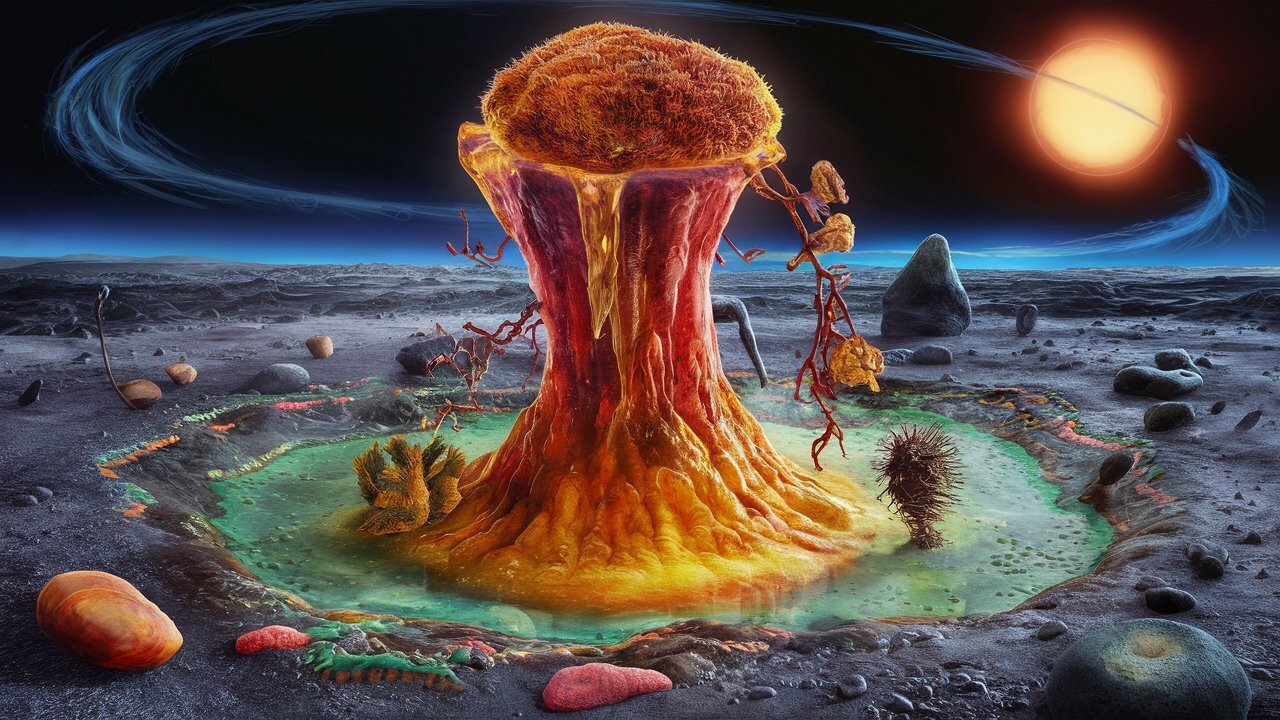An international team of researchers focused on the last universal common ancestor (LUCA), the common ancestor of all modern life forms, including archaea, bacteria and eukaryotes. LUCA had fundamental biochemical and molecular properties shared by all living organisms, such as the ability to synthesize proteins using the same amino acids, produce ATP for energy and contain DNA, RNA and ribosomes.
By comparing the genomes of modern species and counting the number of mutations that occurred since LUCA, scientists were able to estimate the mutation rate and infer the period in which LUCA existed. This led to the discovery that LUCA lived 4.2 billion years ago.
Further analysis allowed the researchers to reconstruct LUCA’s biology, showing it to be a complex organism similar to modern prokaryotes. Remarkably, LUCA had an early immune system capable of engaging in a biological arms race against pre-existing viruses.
Although LUCA is the common ancestor of all modern organisms, it coexisted with other microorganisms, such as methanogens, that were able to process their metabolic waste, creating an early food chain.
Source: Ferra
I am a professional journalist and content creator with extensive experience writing for news websites. I currently work as an author at Gadget Onus, where I specialize in covering hot news topics. My written pieces have been published on some of the biggest media outlets around the world, including The Guardian and BBC News.










